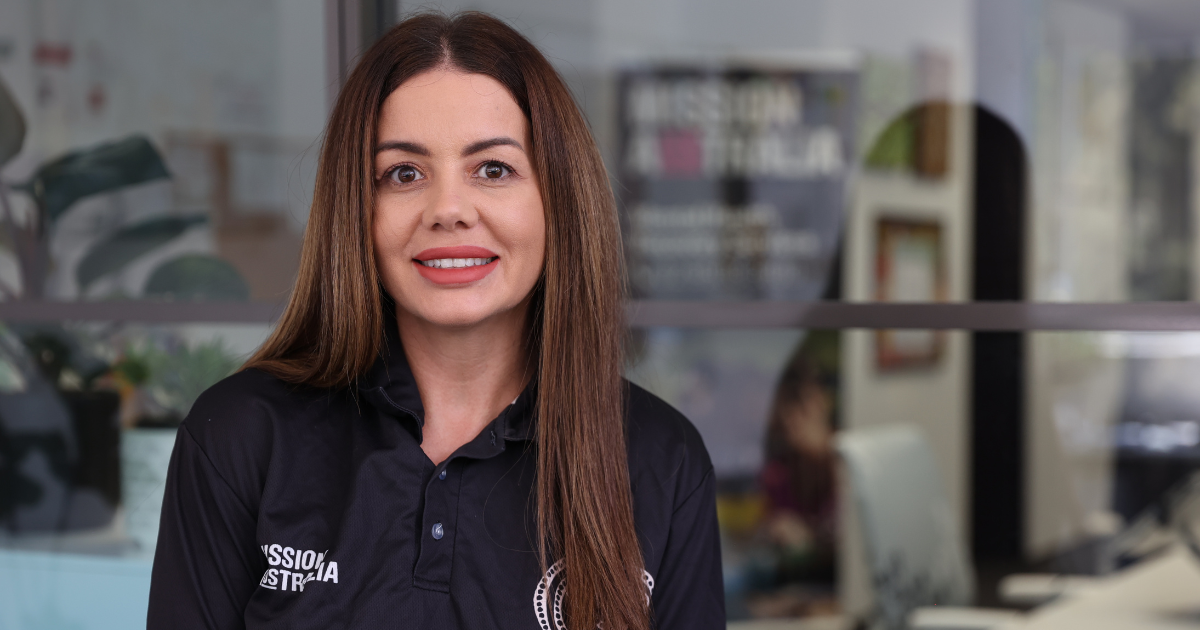Three facts about Australia’s youth: homelessness and the pandemic
- Details
The transition into adulthood is already a challenging time, but for some of Australia’s most vulnerable young people, homelessness and mental health concerns are additional pressure points. In Australia, homelessness and mental health are real issues that affect young people, but the pandemic exacerbated many of the existing disadvantages affecting young people.
New findings from our annual Youth Survey reveal a shocking reality about the state of Australia’s youth and what we can do in response. Read on to discover three facts about young people during the pandemic:
1. One in 20 experienced homelessness for the first time
Based on survey data from over 20,000 Australians aged between 15-19 years, our research reveals that one in 20 survey respondents were homeless for the first time during the peak of the pandemic (between 2020-2021).
Worryingly, this is a significant increase since 2017, when almost one in 25 young people had recently been pushed into first-time homelessness.
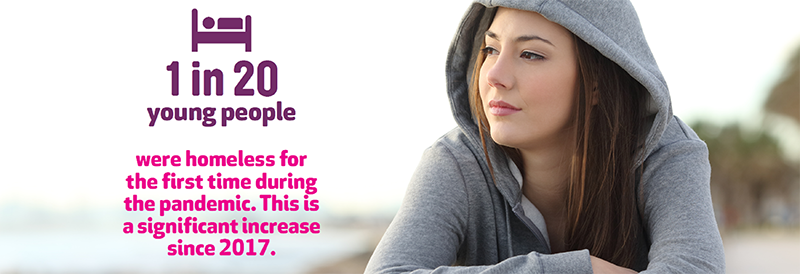
Almost half (49.3%) of young people who had been homeless for the first time during COVID-19 were also concerned about family conflict and more than one-quarter (28.0%) were personally concerned about domestic and family violence.
What causes homelessness? Homelessness is triggered by a range of circumstances that are outside of our control. In Australia, domestic and family violence remains a leading cause of homelessness. Mental health and sudden life experiences such as the death of a loved one or job loss can also result in homelessness.
2. More young females experienced homelessness during the pandemic
Homelessness can impact anyone – regardless of age and gender. Some groups can be at greater risk of homelessness. Our findings revealed that young females were twice as likely, compared to young males, to have gone without a safe home during the pandemic.
Family breakdown has caused me to move around a lot, I've struggled with money and my mental health has been extremely bad causing me to break out in hives and get sick at least once every month. My eating disorder is up and down. I need to find a stable place to live and start seeing a therapist again. Female, 15, NSW, homeless for the first time during the COVID-19 period
3. Young people affected by homelessness reported poor mental health and psychological distress.
Homelessness is a destabilising and traumatic experience that is a serious detriment to a young person’s socio-emotional development with ripple effects on their wellbeing, life and future.
Our findings demonstrate that young people who were homeless for the first time during COVID-19 said they also faced enormous psychological distress, family conflict, discrimination and a range of other pressures.
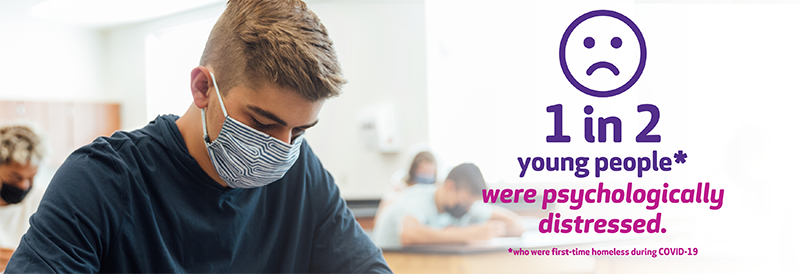
What is hidden homelessness? Experiences of homelessness go beyond sleeping on the streets. It can include couch surfing, sleeping in cars, or crowded shelters. Young people who experienced homelessness for the first time during the pandemic experienced hidden homelessness, living in a refuge or transitional accommodation.
Over half of the young people who had faced first-time homelessness also reported feeling psychological distress:
- One in three who were forced into homelessness during the pandemic said they felt ‘very sad/sad’
- Over a third rated their mental health and wellbeing as ‘poor’
- A quarter of all respondents said they felt negatively about the future
- More than half reported experiencing unfair treatment or discrimination, mostly due to mental health, gender or sexuality.
Can we end youth homelessness?
Shining a light on these young people’s experiences and the risk factors, is an important step to ending youth homelessness in Australia. There are some additional ways that we can intervene and prevent youth homelessness further:
- Help us advocate for change: Early intervention and prevention is key. While we welcome government action, we are advocating for youth-specific resources to help ensure the wellbeing, safety and security of young people. Check out more of our advocacy work to help champion change in our communities.
- Raise awareness: Sharing the findings of our recent research helps raise awareness about youth homelessness. Follow us on social media to stay updated with ways you can get involved.
- Elevate young voices: Read stories about young people and look for opportunities to share these stories with others. Sharing inspirational stories about young people who have experienced homelessness can help others understand the reality of the issue in our communities.
- Donate to help fund critical services: Your one-off or regular gift can help many of our services provide vulnerable young people with urgent intervention, help secure a safe place to call home and ongoing support to break the cycle of homelessness.
Read the report:
Without a home: First-time youth homelessness in the COVID-19 period report
Summary booklet: Without a home: First-time youth homelessness in the COVID-19 period
Related news and stories
Read about what we’ve been working on, our stance on important social issues and how you make a difference to vulnerable Australians' lives.

Three priorities at the 2025 Federal Election
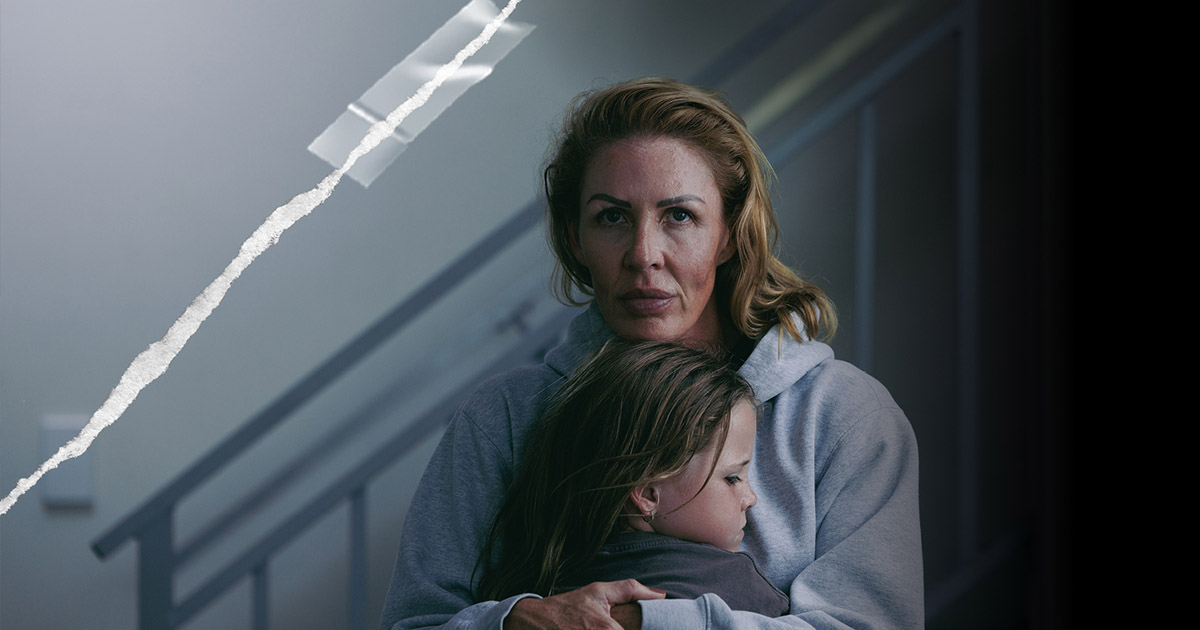
From fear to freedom: Cass’ story

Women helping women: Karla’s story
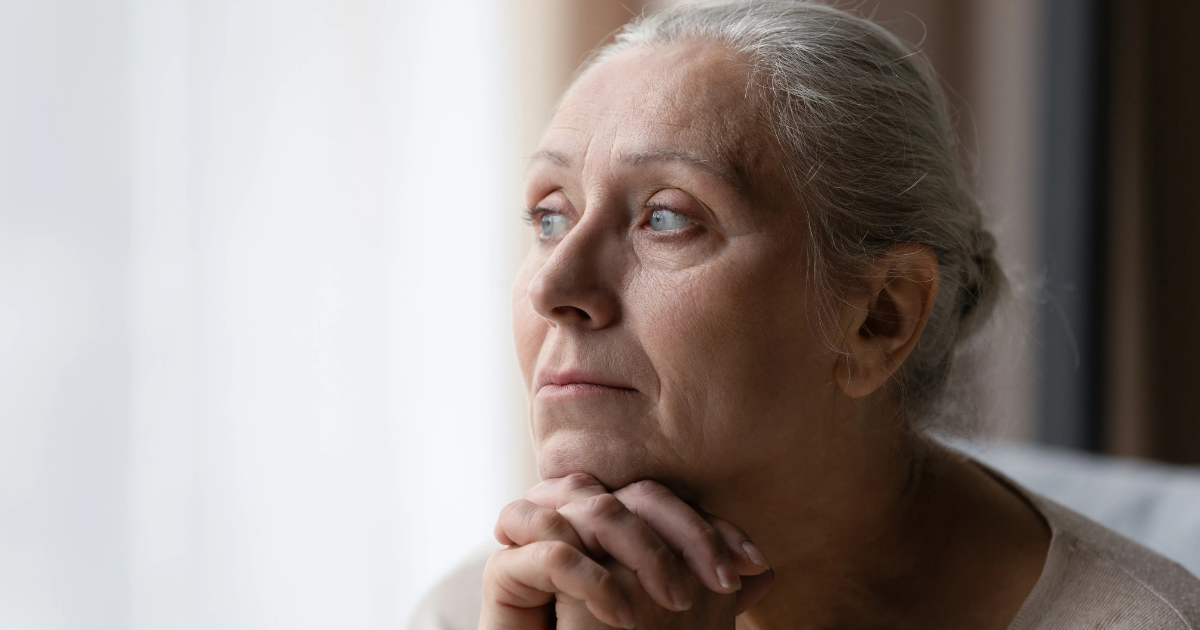
Helping older women find safe homes
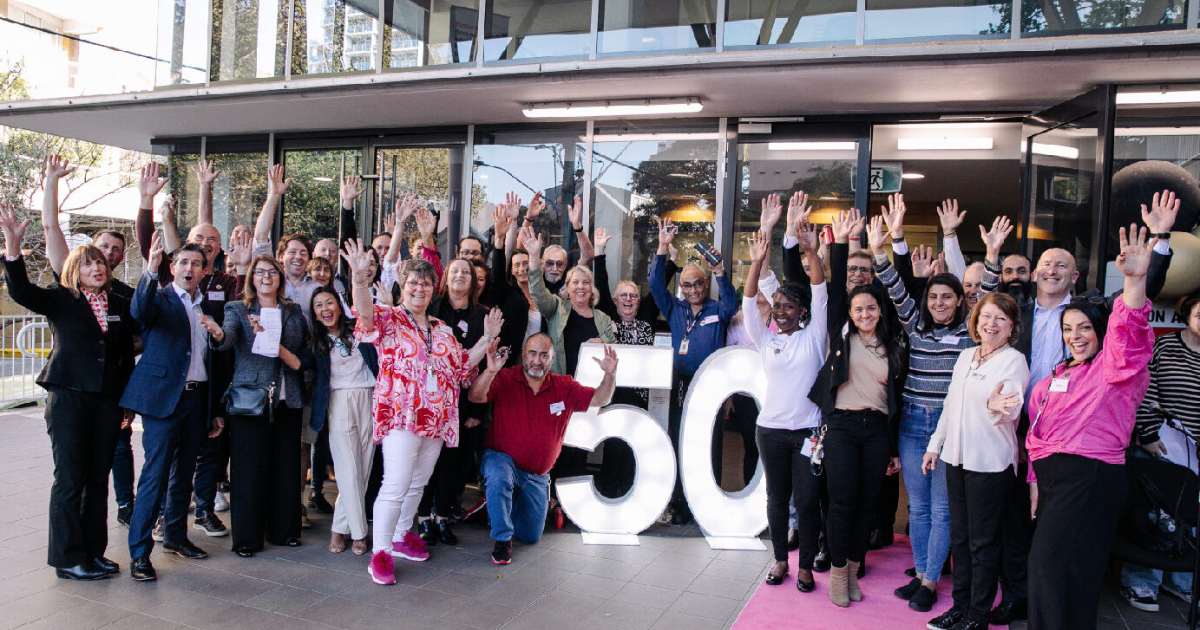
Celebrating 50 years of helping people in Surry Hills
